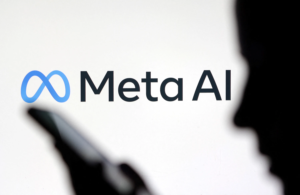Tech giants push to revise Europe’s AI laws

Tech giants like as Meta, Google, and Microsoft are trying to relax the legal framework of the EU’s AI Act, the world’s first comprehensive law addressing artificial intelligence. Their main fears are that the Act has the potential to impose high fines and severe limitations, which might stifle AI progress and cause economic slowdowns in Europe.
One of the main grounds of disagreement is how the law will govern “general-purpose” AI systems like OpenAI’s ChatGPT, and whether these companies would face lawsuits or high compliance fees. The IT firms, in particular, argue that the EU’s laws could hinder innovation, postpone AI product releases, and, eventually, decrease the EU’s worldwide competitiveness in the AI development space.
In response to these fears, IT giants are asking EU lawmakers to take a more relaxed regulatory approach, fearing that tight regulations may lower Europe’s GDP by up to 10%. They urge for more flexible legislation, particularly around data protection and open-source AI development, to sustain Europe’s AI supremacy without unnecessary constraints.
Following months of negotiations, EU lawmakers approved the AI Act in May 2024. It creates broad restrictions for AI systems, with a focus on “general-purpose AI” (GPAI) models like OpenAI’s ChatGPT. The Act includes rules for transparency, data protection, and ethical AI use, as well as heavy consequences for noncompliance that could total billions of dollars in fines.
However, the rules are still in change, while accompanying codes of practice are being developed. The lack of clarity around how the Act will be enforced has raised concerns in the technology industry. Companies are concerned that restrictive regulations could lead to copyright disputes, delays in AI product launches, and a loss of Europe’s competitive advantage.
